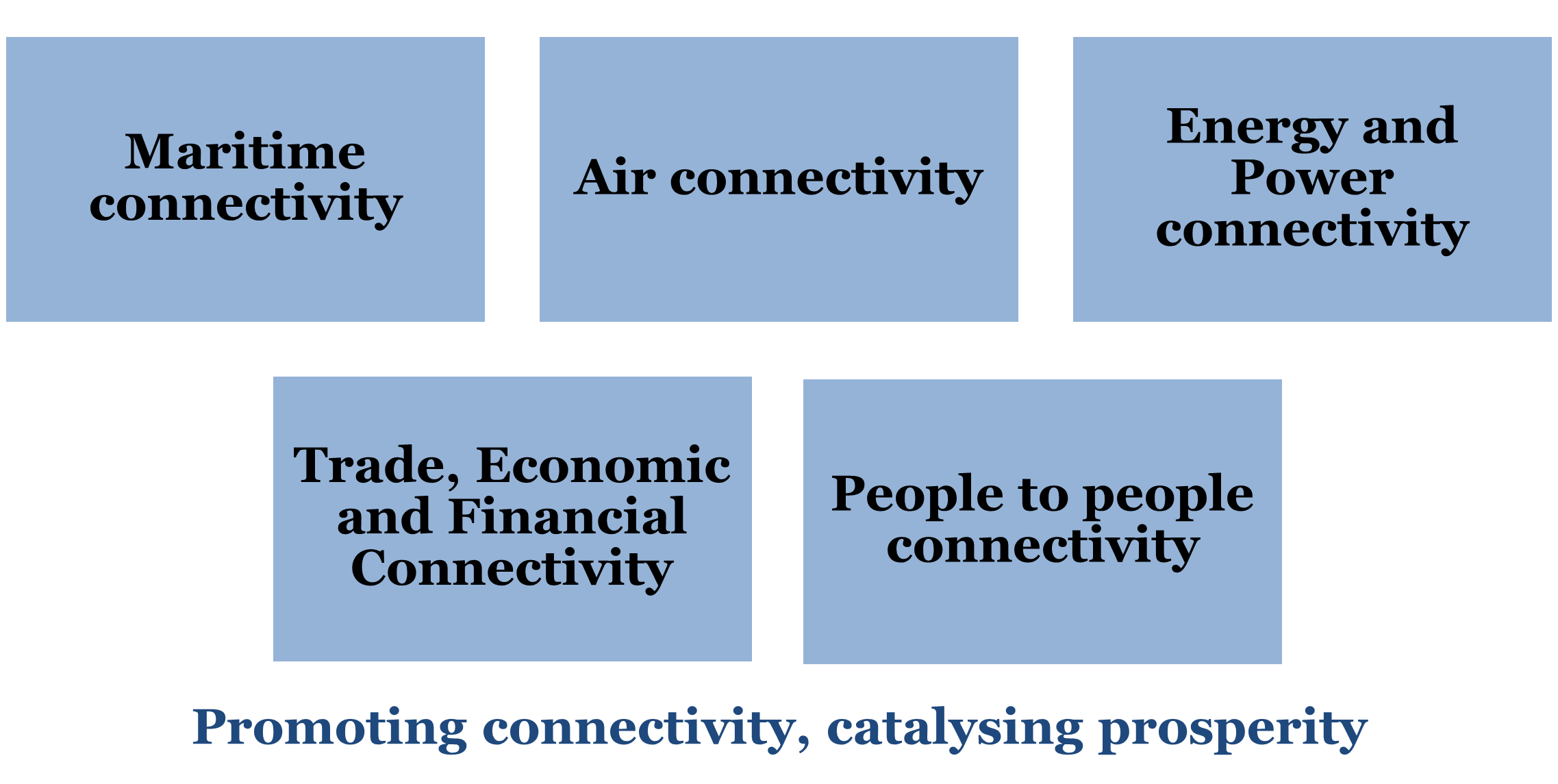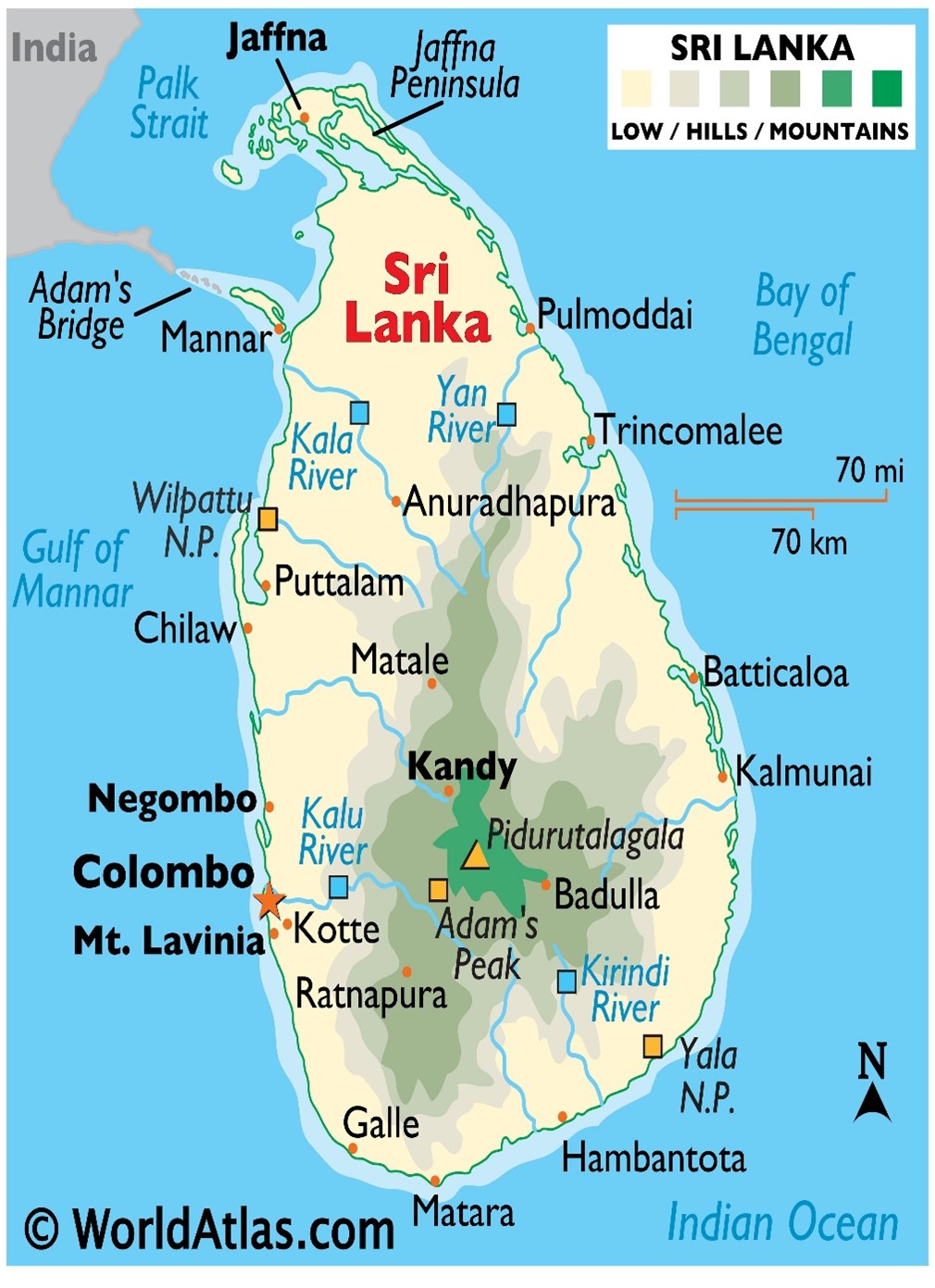7667766266
enquiry@shankarias.in
Amidst the Chinese influence and Sri Lankan financial crisis, Sri Lankan President Ranil Wickremesinghe visited India recently.


References